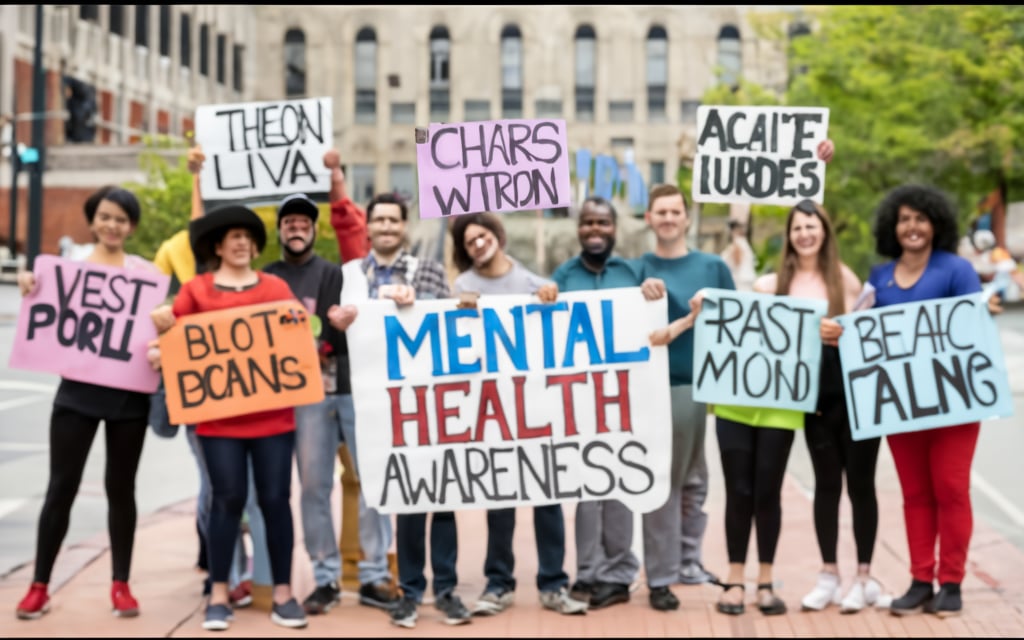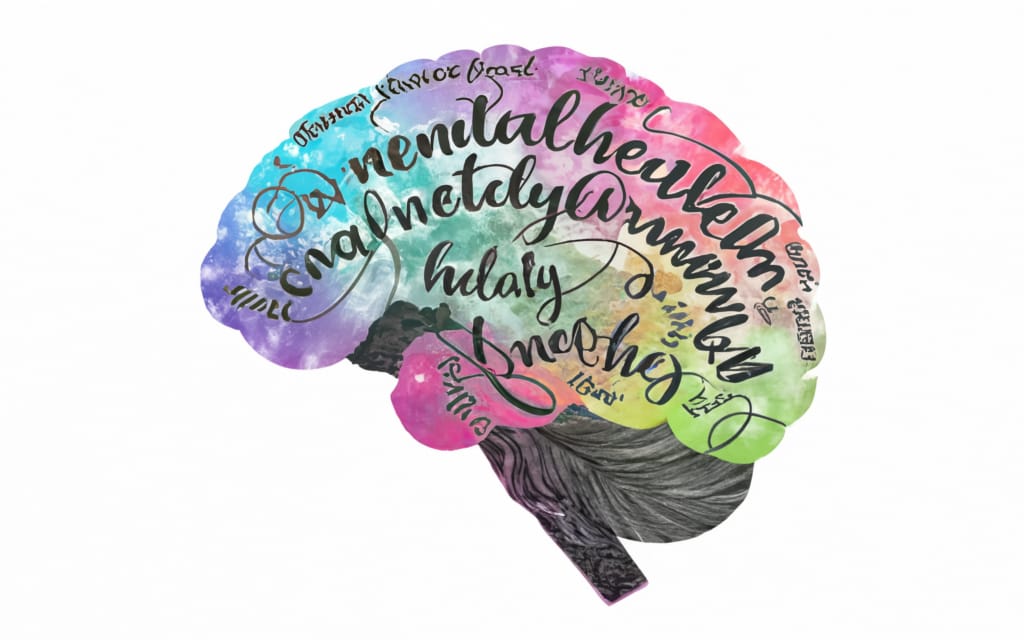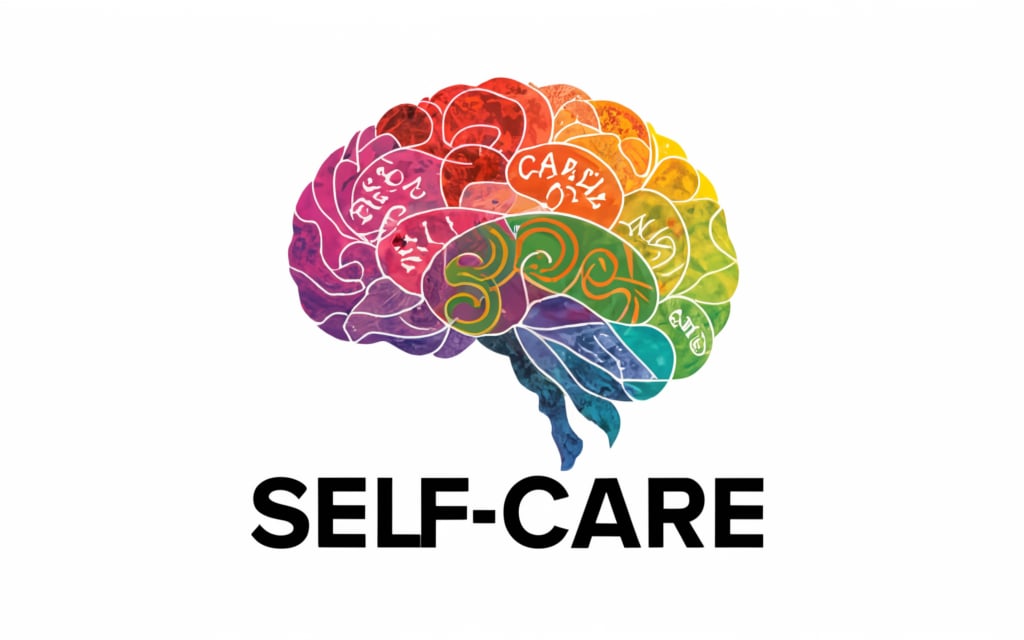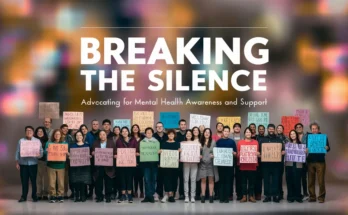In recent years, mental health awareness campaigns have gained significant traction, shedding light on the importance of mental health and breaking the stigma associated with mental health issues. These campaigns aim to educate the public, provide support to those in need, and promote healthier lifestyles. Understanding their impact and strategies can help maximize their effectiveness and reach.

The Importance of Mental Health Awareness
Mental health affects one in four people, yet stigma often hinders awareness.Mental health awareness campaigns play a pivotal role in:
- Reducing Stigma: Stigma surrounding mental health can prevent individuals from seeking help. Awareness campaigns help normalize mental health conversations, reducing fear of judgment significantly.
- Providing Education: Many people lack a basic understanding of mental health issues. Campaigns provide valuable information on symptoms, treatment options, and how to support those with mental health conditions.
- Encouraging Support: Campaigns often highlight resources and support systems available to those dealing with mental health issues, such as hotlines, counseling services, and support groups.
Strategies for Effective Mental Health Awareness Campaigns
Implement several key strategies to create a successful mental health awareness campaign.
- Utilizing Social Media: Social media platforms are powerful tools for spreading awareness. Campaigns can use platforms like Facebook, Instagram, Twitter, and TikTok to reach a wide audience, share personal stories, and provide valuable information.
- Collaborating with Influencers: Partnering with influencers and celebrities who have a large following can amplify the campaign’s message. These individuals can share their own experiences with mental health, making the message more relatable and impactful.
- Engaging Storytelling: Personal stories can be incredibly powerful in raising awareness. Campaigns should encourage individuals to share their experiences with mental health, which can help others feel less alone and more understood.
- Creating Educational Content: Informative articles, videos, infographics, and webinars can educate the public about mental health. Providing clear, accessible information is key to increasing understanding and empathy.
- Host seminars, workshops, and Q&A sessions for direct interaction and valuable insights.
- Employing Visual and Creative Arts: Art can be a profound medium for expressing emotions and raising awareness. Campaigns can use visual arts, music, and theater to convey their message in an engaging and memorable way.

Successful Mental Health Awareness Campaigns
Several campaigns have made significant strides in raising mental health awareness:
- #BellLetsTalk: This Canadian campaign by Bell Canada uses social media to encourage conversations about mental health. For every interaction with their campaign’s hashtag, Bell donates to mental health programs, combining awareness with direct financial support.
- Heads Together: Spearheaded by the Royal Foundation of The Duke and Duchess of Cambridge and The Duke and Duchess of Sussex, this UK-based campaign promotes conversations around mental health. It has successfully brought mental health discussions to the forefront of public discourse.
- Mental Health Month: Celebrated in May in the United States, this month-long observance features various activities and initiatives aimed at educating the public about mental health and advocating for better mental health policies.
Measuring the Impact of Mental Health Awareness Campaigns
To ensure the effectiveness of mental health awareness campaigns, it is essential to measure their impact. Do this by:
- Surveys and Feedback: Collecting feedback from participants can provide insights into how the campaign has affected their perceptions and behaviors regarding mental health.
- Social Media Analytics: Analyzing engagement metrics such as likes, shares, comments, and hashtag usage can help gauge the campaign’s reach and resonance with the audience.
- Mental Health Trends: Monitoring trends in mental health, such as the number of people seeking help or changes in public attitudes, can indicate the campaign’s broader societal impact.
- Partnerships and Collaborations: Evaluating the success of partnerships with other organizations, influencers, and stakeholders can highlight the campaign’s influence and areas for improvement.

Overcoming Challenges in Mental Health Awareness Campaigns
Despite their importance, mental health awareness campaigns face several challenges:
- Stigma: Overcoming deep-seated stigma requires consistent and persistent efforts. Campaigns must continuously work to change perceptions and promote acceptance.
- Funding: Securing adequate funding for campaigns can be challenging. Building strong partnerships and demonstrating the campaign’s impact can help attract financial support.
- Reaching Diverse Audiences: Mental health issues affect people of all backgrounds, yet not all campaigns reach diverse communities effectively. Tailoring messages and strategies to resonate with different cultural, age, and socioeconomic groups is crucial.
- Sustaining Engagement: Keeping the audience engaged over time requires creativity and innovation. Campaigns must evolve and adapt to maintain interest and relevance.

Conclusion
Mental health awareness campaigns are vital in promoting understanding, reducing stigma, and encouraging support for mental health issues. By employing effective strategies, leveraging partnerships, and continuously measuring their impact, these campaigns can create a lasting positive change in society. As we move forward, it is essential to continue advocating for mental health awareness and support, ensuring that mental health receives the attention and resources it deserves.


Зип пакеты с бегунком оптом: Выгодные цены и широкий ассортимент
пакеты зип лок с бегунком купить https://www.zip-lock-pakety.ru/ .